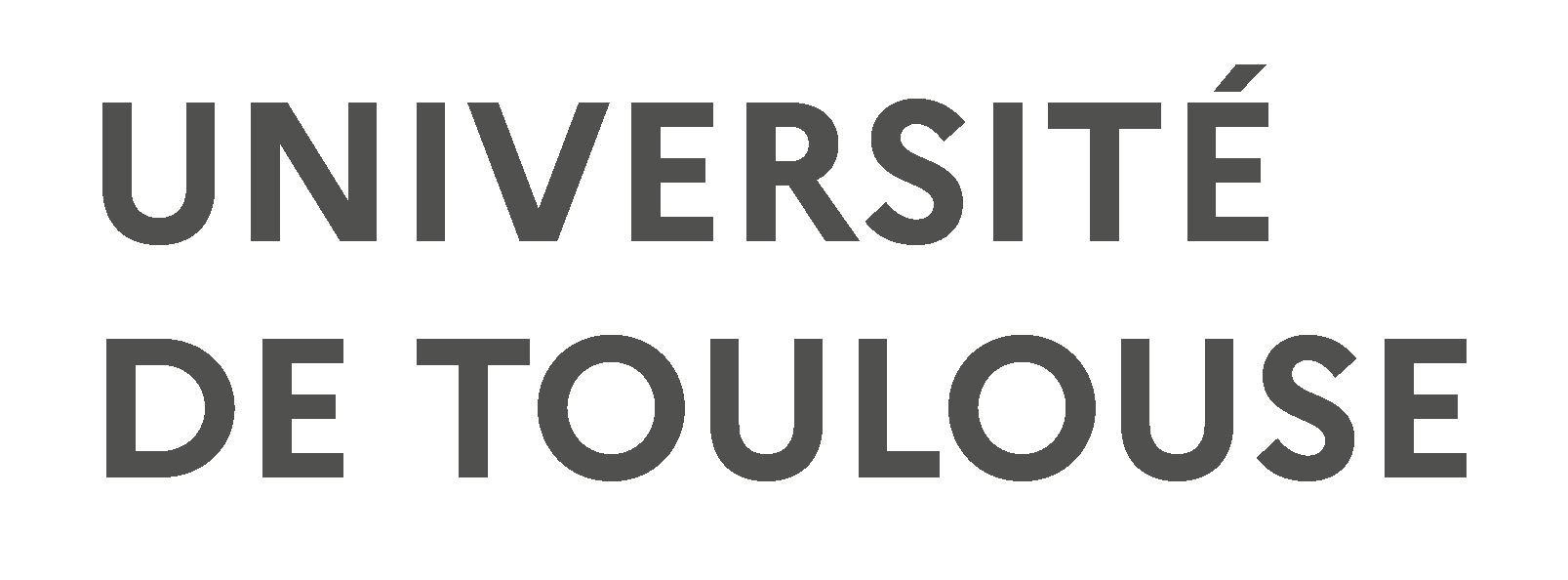Mechanical stress on solid cancer development
Mechanobiology,
compression,
PancreaticCancer,
breastcancer,
PI3K,
autophagy.
DI-LUOFFO Mickael – SigDyn – : Integrated cellular signalling and PI3K isoforms
This study provides direct evidence for the role of the PI3K/AKT pathway in compression-induced mechanotransduction. PI3K inhibition promotes apoptosis or autophagy, explaining PI3K importance to control cancer cell survival under compression.
Mechanical stresses, including compression, arise during cancer progression. In solid cancer, especially breast and pancreatic cancers, the rapid tumor growth and the environment remodeling explain their high intensity of compressive forces. However, the sensitivity of compressed cells to targeted therapies remains poorly known. In breast and pancreatic cancer cells, pharmacological PI3K inactivation decreased cell number and induced apoptosis. These effects were accentuated when we applied 2D compression forces in mechanically responsive cells. Compression selectively induced the overexpression of PI3K isoforms and PI3K/AKT pathway activation. Furthermore, transcriptional effects of PI3K inhibition and compression converged to control the expression of an autophagy regulator, GABARAP, whose level was inversely associated with PI3K inhibitor sensitivity under compression. Compression alone blocked autophagy flux in all tested cells, whereas inactivation of basal PI3K activity restored autophagy flux only in mechanically non-responsive compressed cells. This study provides direct evidence for the role of the PI3K/AKT pathway in compression-induced mechanotransduction. PI3K inhibition promotes apoptosis or autophagy, explaining PI3K importance to control cancer cell survival under compression.
This work is helping to develop new mechanotherapies that target mechanotransduction pathways in cancer cells, with a view to one day integrating mechanics into tomorrow’s precision medicine.

Protocole de compression appliqué aux cellules cancéreuses du sein et du pancréas. Les cellules MCF-7, CAPAN-1, MDA-MB-231 et PANC-1 ont été comprimées en 2D à 200 Pa par cellule en ajustant la masse avec un petit poids sur un tampon d’agarose à 2 % et calculées à l’aide de la formule : P=(1/CN)*(1/CS)*m*g (avec P=pression en Pa ; CN=nombre de cellules ; CS=surface de la cellule en m² ; m=masse du tampon et de la plaque métallique en kg ; g=force gravitationnelle=9,80665 m/s-2). Après 24h de compression, les cellules ont été récoltées, le nombre de cellules a été calculé et les niveaux d’ARN/protéines ont été quantifiés.
Impact équilibré du stress compressif sur les cellules mécaniquement réactives et non réactives. Le taux de croissance 2D, la signalisation de la voie PI3K, la sensibilité aux inhibiteurs PI3K, l’expression de GABARAP et le flux d’autophagie ont été modulés dans les cellules sensibles et non sensibles au stress mécanique.
Discover the published article
Life Sci Alliance. 2025 Jan 2;8(3):e202402854.doi: 10.26508/lsa.202402854. Print 2025 Mar.
Mechanical compressive forces increase PI3K output signaling in breast and pancreatic cancer cells
Mickaël Di-Luoffo, Céline Schmitter, Emma C Barrere, Nicole Therville, Maria Chaouki, Romina D’Angelo, Silvia Arcucci, Benoit Thibault, Morgan Delarue, Julie Guillermet-Guibert
Collaborations and partnerships
LAAS Toulouse

Toulouse Cancer Research Center (Oncopole)
Toulouse - FR
Follow us on social network
Contact us
+33 5 82 74 15 75
Want to join
the CRCT team ?



